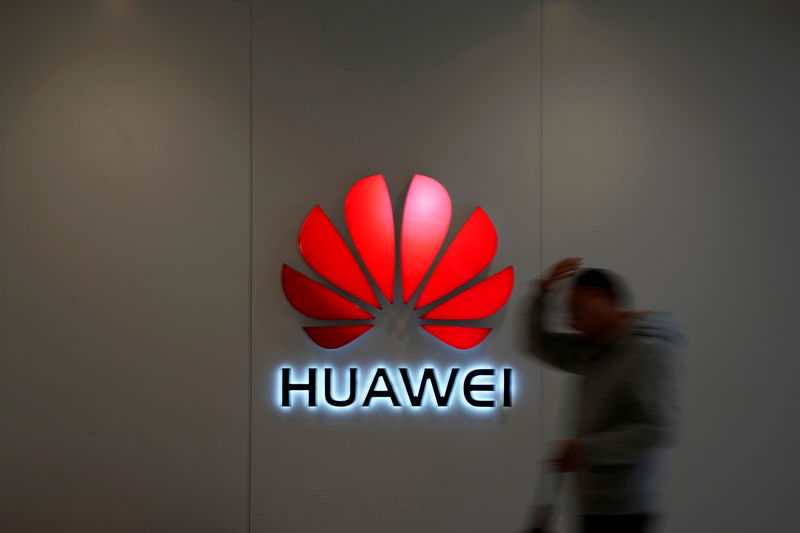Huawei Technologies is nearing the launch of a new AI chip, the Ascend 910C, challenging NVIDIA (NVDA) despite U.S. sanctions, according to a report by the Wall Street Journal on Tuesday.
The publication, citing people familiar with the matter, said Chinese tech companies have been testing the chip, which Huawei is said to have told potential clients, rivals Nvidia (NASDAQ:NVDA)'s H100, a chip not directly available in China.
Huawei's progress underscores its ability to circumvent U.S.-imposed barriers, bolstered by substantial state support.
However, production delays and potential new U.S. restrictions loom, potentially limiting access to critical components for AI hardware, the WSJ said.
Huawei is in talks to supply over 70,000 chips, valued at approximately $2 billion, with shipments possibly beginning in October, according to the WSJ.
However, they add that the final orders and delivery schedules could change.
The company's efforts to advance its chip technology are part of a broader Chinese initiative to reduce reliance on U.S. technology. Since being placed on the U.S. entity list in 2019, Huawei has faced significant obstacles, including restricted access to manufacturing facilities and essential components.
In response to U.S. export controls that have blocked Nvidia's most advanced chips from China, Huawei's new chip aims to fill the void. Nvidia has introduced a less powerful H20 chip for the Chinese market, but Huawei's production issues and U.S. sanctions have caused delays in shipments of its existing 910B chip, according to the WSJ.
Despite these challenges, the WSJ notes that some analysts suggest Huawei's 910C could outperform Nvidia's planned B20 chip if production goes smoothly, potentially shifting market dynamics in China.
